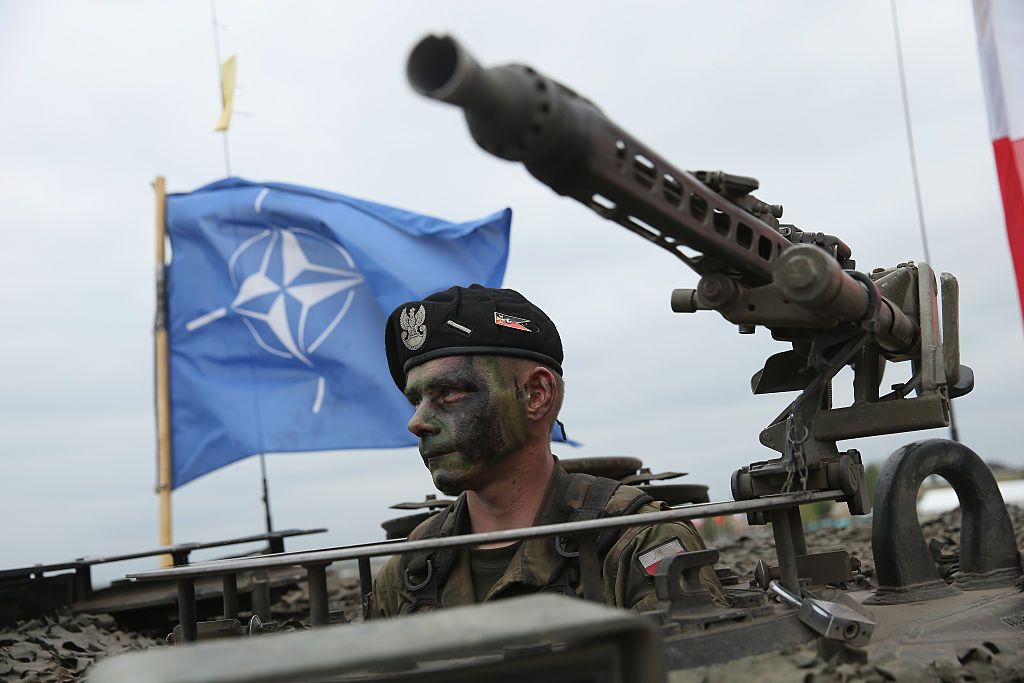McConnell reportedly 'floating idea of splitting Ukraine and border security' as Trump's pressure mounts

Mitch McConnell, the U.S. Republican Party's Senate Minority Leader, is floating the idea of splitting the issue of Ukraine funding and border security reforms amid his party's infighting, the Hill reported on Jan. 24.
Splitting the two issues would be "quite a shift in strategy," as border security has been "painstakingly negotiated with Senate Democrats and the White House over the past six weeks," the Hill said.
Since autumn 2023, Congress has disagreed on a supplemental funding bill that included $61 billion in aid for Ukraine. Republicans in the U.S. Senate blocked the passing of the bill, insisting that further military aid must include significant changes to U.S. border policy.
The Wall Street Journal reported on Jan. 18 that U.S. President Joe Biden made concessions on immigration policy to Senate Republicans to deflect criticism and secure backing for Ukraine aid.
A source told the Hill, however, that "it's become clear that Senate conservatives strongly oppose the border security reforms that were negotiated with Democrats to go along with Ukraine funding."
McConnell reportedly acknowledged to Republican senators at a meeting on Jan. 23 "that the politics of border security have turned out to be a lot more complicated than he and other Senate Republicans anticipated," the Hill said.
Senator Ted Cruz told reporters the same day that a package linking Ukraine funding and border security has a "zero point zero, zero, zero percent" chance of being passed.
A shift in strategy may be needed "given how much opposition the border security reforms are now facing from Republican conservatives," the Hill said.
An additional complication is that some House Republicans are against aid for Kyiv in principle.
Others believe that the amount of economic assistance given to Kyiv in the bill is too high.
A package that keeps military aid and humanitarian assistance to Kyiv but has a reduction in economic assistance may "attract more Republican votes" if it's stripped of the border security measure, the Hill said.
U.S. President Joe Biden signed the last U.S. $250 million aid package for Ukraine on Dec. 27, including ammunition for anti-aircraft warfare, multiple launch rocket systems, artillery, anti-tank mines, and others.
Without Congress's approval for additional aid to Ukraine, the lack of funding prevents the U.S. from meeting Ukraine's most urgent battlefield, including maintenance of already provided equipment, Pentagon spokesperson Patrick Ryder said during a press briefing on Jan. 23.
Senate Majority Leader Democrat Chuck Schumer said on Jan. 24 that while there are "still challenges," the approval of aid to Ukraine is getting closer "every day."
"The Senate has a responsibility to make sure that (Russian President) Putin regrets the day he questioned America's resolve," Schumer said.














